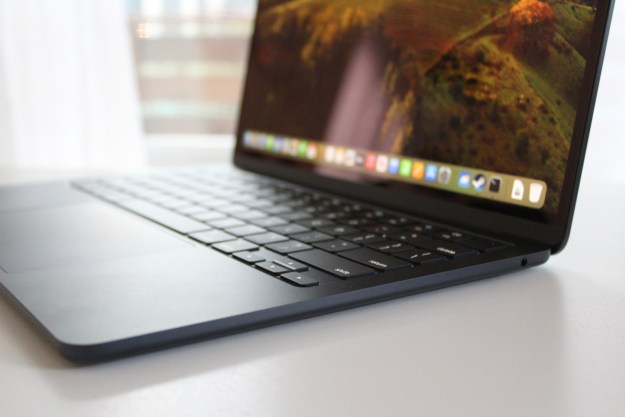Gigabyte just announced a new version of Project Stealth that solves its biggest problem: a lack of airflow to allow cool air to enter the case and hot air to exit.
One of the most frustrating things about building a PC is cable management, and Gigabyte streamlined this process with its Project Stealth system earlier this year. The end result is a PC case that looks beautifully clean and open inside, which should lead to better airflow.

Unfortunately, it didn’t prove to be a good solution. The wildly popular YouTube channel Linus Tech Tips was merciless in its response, finding that a Project Stealth PC could reach temperatures that caused throttling within just 6.5 minutes.
Not willing to give up on this great idea, Gigabyte debuted a new version of Project Stealth at CES 2023. The kit still includes a Z690 motherboard with connectors on the back and an Nvidia GeForce RTX 3070 graphics card, but the case has been changed and the front panel now has a mesh design. This solves the airflow issue, letting cool air flow in the front and hot air out the back, while you get to enjoy that cable-free design inside.

Theoretically, this should run cooler than a typical PC, which can be clogged with a tangle of cables. Project Stealth’s ingenious design doesn’t eliminate cables, but they are kept out of the way and hidden from sight on the back side of the motherboard. This creates a much cleaner and neater system, without visible wires that add clutter and prevent easy access to components.
PCWorld noted that Gigabyte’s Project Stealth kit will sell for about $1,000 and should be available soon. Just make sure you get the one with a mesh front panel.
Editors' Recommendations
- Gigabyte just confirmed AMD’s Ryzen 9000 CPUs
- The most common Windows 11 problems and how to fix them
- The most common GoTo Meeting problems and how to solve them
- These 5 PC upgrades are the biggest money wasters
- The biggest threat to the MacBook this year might come from Apple itself




